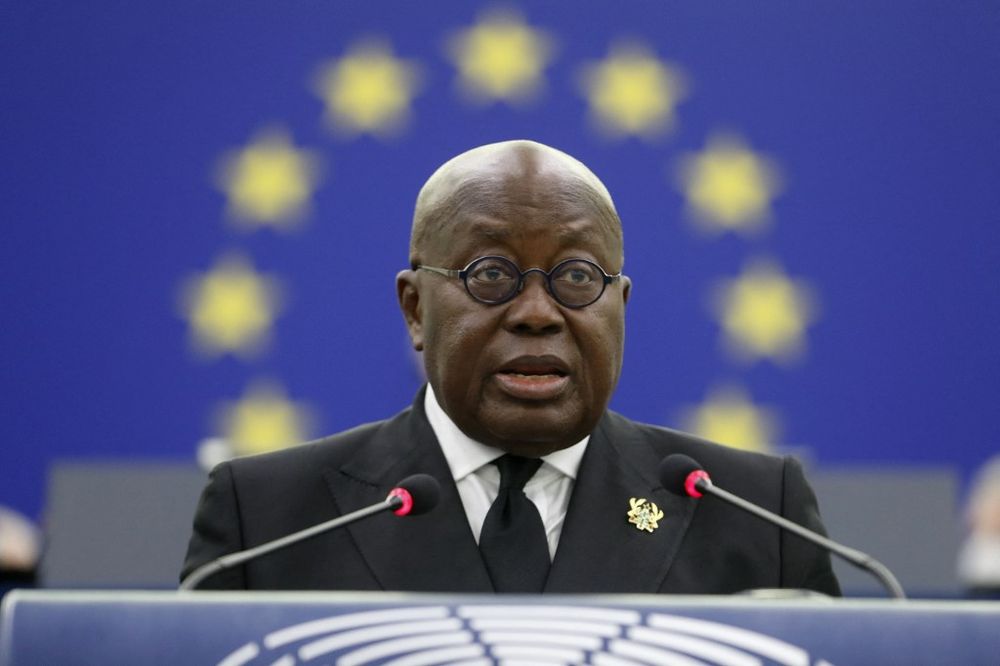President Nana Addo Dankwa Akufo-Addo has urged the private sector to take the lead in the country’s economic revival.
On Monday, during a breakfast meeting with industry captains and executives in Accra, the president said the private sector was the best hope for reviving the economy, which is now facing budgetary issues.
The request follows the government’s desire to begin formal discussions with the International Monetary Fund (IMF) for a rescue package to help the country’s economy, which has been battered by the COVID-19 outbreak, inflation, and a declining currency.
The Private Sector’s Influence
The meeting’s keynote speaker, President Akufo-Addo, stressed the importance of the private sector’s involvement in the nation’s economic transformation, noting that other successful nations only advanced to their current level of development thanks to the private sector.
He cited the rise of the four ‘Asian Tigers,’ namely South Korea, Singapore, Hong Kong, and Taiwan, where private money spurred fast economic growth and development by saying, “We cannot do anything serious if we are not guided by history and example”.
He continued by saying, “Japan, Korea, Asian Tigers all these names that are now part of the common vocabulary are the names of people. Hyundai, Toyota, all names of people who founded these enterprises that have now become worldwide entities…That is the example that has always inspired me, my career as a politician”.
Challenges of the Private Sector
Although President Akufo-Addo acknowledged that successive governments had faced a difficult challenge in developing the private sector, he emphasized that in order to achieve sustained growth and development of the nation, it was critical to identify areas in which government and the private sector could collaborate profitably.
He said that the breakfast meeting recognized the significance and essential role the private sector plays in the nation’s economic progress and sought input from private sector stakeholders on Ghana’s policy direction and investment climate.
Empowering the Private Sector
He asserted that the government had pursued and would continue to pursue policies, interventions, and bonuses, as well as foster dialogues that would allow members of the private sector, particularly those in the pharmaceutical, manufacturing, logistics, aviation, and light manufacturing industries, to be more impactful in the nation’s economic reform plan.

